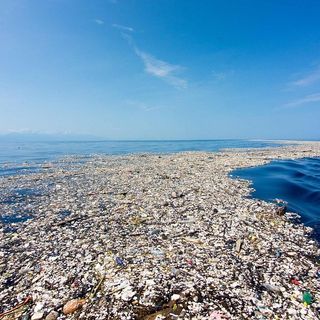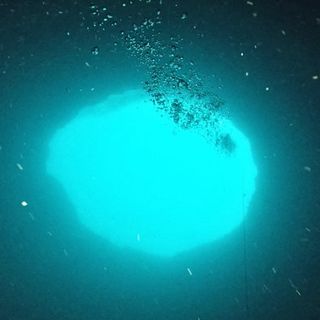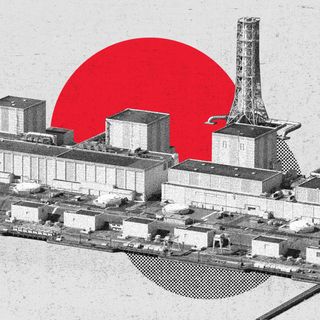Pima County, Arizona, in the U.S., is now home to a dark, muddy, goopy river full of black sludge that is flowing through the region, as fast as water. A Twitter video posted by county officials shows an almost dystopian view of the river, looking larger than life, almost as if coming for all of us, and for the disaster that is 2020.
The reason for the black river of death — or at least that’s what it looks like — is, you guessed it, climate change. Or rather, climate change-fueled wildfires that have been rocking the state of Arizona in the United States recently. These fires, according to the U.S. Geological Survey, change the way water flows on land by making the soil it runs over less absorbent. The fires change the composition of the soil, introducing more rigid metals and toxins that are water-repellant. At the same time, the fires wipe away all vegetation that holds the soil together, causing denser runoff. Both of these phenomena increase the chances of flash floods, with a minor downpour also running the risk of causing devastating floods.
Related on The Swaddle:
Covid19 Has Made Us More Vulnerable to Climate Change. What Now?
The content of this black sludge river is the debris that arises out of burned land, such as sticks, mud and soot, which can quickly become a dangerous fast-moving flow when caught up in the rains. Called sediment slug, it’s one of the most common post-fire occurrences, that will increasingly become hazards in the future as climate change exacerbates wildfires across the world.
Not only is the toxic sludge dangerous and toxic for humans (it can ooze into the drinking water supplies we use), it also makes large regions uninhabitable for fish and other wildlife, destabilizing entire ecosystems in its path. The only way to stop our surroundings from turning into black sludge is to halt the climate change processes — such as warming temperatures leading to severe heat, and resulting droughts — that contribute to and exacerbate wildfires. Without a concerted effort to acknowledge the effect of unchecked carbon emissions, and a detailed, long-term plan to curb them, 2020 could very well spill into the future.




